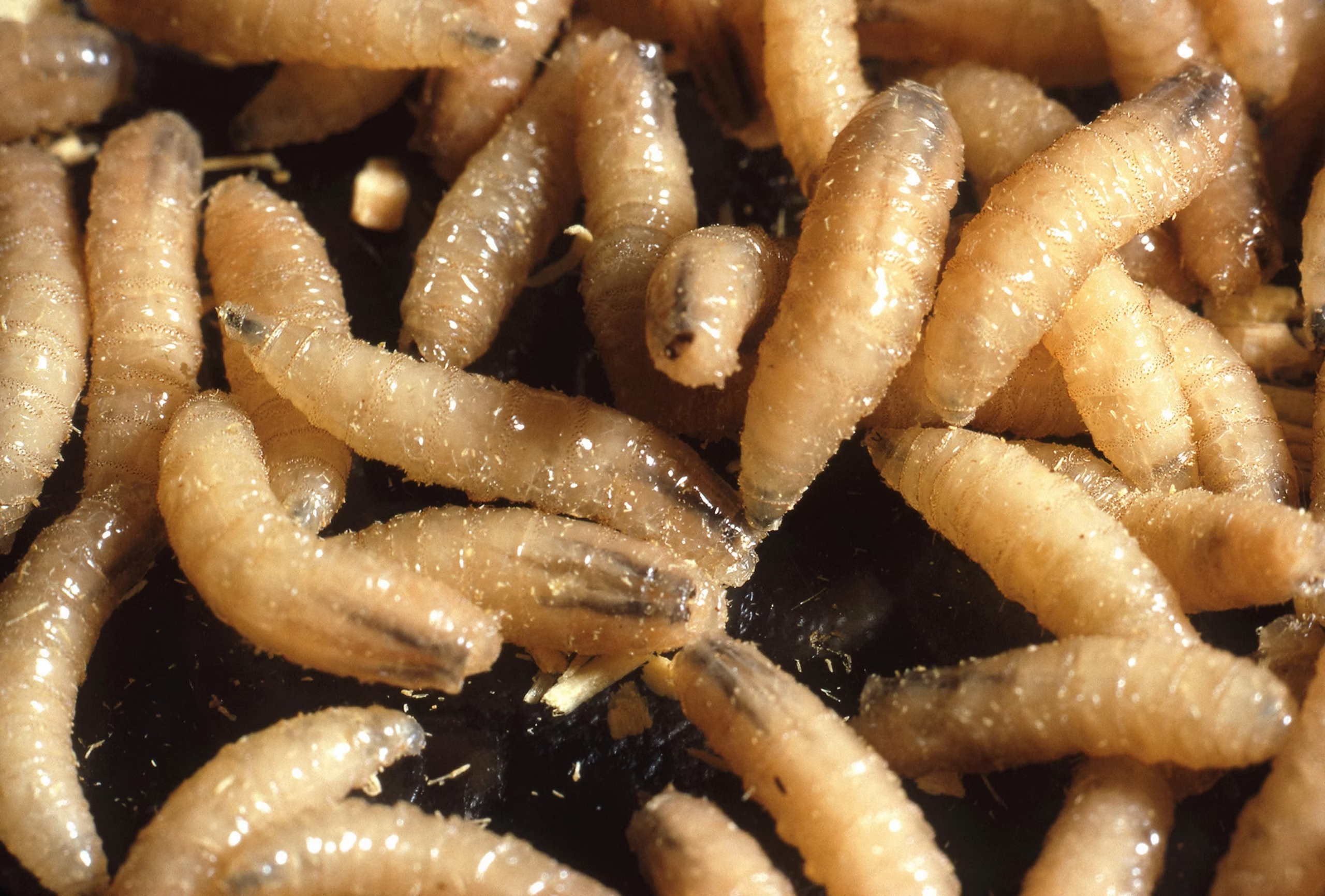Already a subscriber? Make sure to log into your account before viewing this content. You can access your account by hitting the “login” button on the top right corner. Still unable to see the content after signing in? Make sure your card on file is up-to-date.
The United States has officially halted the import of some livestock from Mexico due to the rapid spread of a parasitic fly known as the “screwworm.”
Some shit you should know before you read: If you’re unaware, the United States imports roughly 1 million cattle from Mexico each year, making it a vital source of live livestock for the US beef industry. Currently, there’s an outbreak of the New World screwworm (Cochliomyia hominivorax), a parasitic fly whose larvae feed on the living flesh of warm-blooded animals, including cattle, horses, wildlife, and even humans. The female fly lays eggs in open wounds, and once the larvae hatch, they dig into the tissue, causing deep lesions, secondary infections, and, if untreated, death. This pest was previously eradicated in the US by the early 1980s through a biocontrol effort involving the release of sterilized male flies. Despite this, there’s now been a resurgence, with over 6,500 confirmed cases in Panama alone, and the parasite is continuing to advance north in Central America.

What’s going on now: In a notable development, the US Department of Agriculture (USDA) confirmed that it has suspended imports of live cattle, horses, and bison from Mexico through all southern border ports of entry, citing the urgent need to contain the northward spread of the New World screwworm. The decision, announced by Agriculture Secretary Brooke Rollins on Sunday, comes after the parasite was detected in remote Mexican farms approximately 680 miles from the US border.
The USDA’s restrictions include a temporary, indefinite halt to the import of all live livestock originating in or transported through Mexico via the southern border. These restrictions are effective immediately and will be re-evaluated every two weeks, continuing on a month-by-month basis until “a significant window of containment is achieved,” according to the USDA.
In a statement, Secretary Rollins said, “The protection of our animals and safety of our nation’s food supply is a national security issue of the utmost importance. Once we see increased surveillance and eradication efforts, and the positive results of those actions, we remain committed to opening the border for livestock trade. This is not about politics or punishment of Mexico, rather it is about food and animal safety.”
In reaction, Mexico’s Agriculture Secretary Julio Berdegué said that they disagreed with the United States’ decision, and said they were “confident we’ll reach an agreement sooner rather than later.”







